
Beth Sandy, MSN, CRNP, discusses some of the challenges that may be associated with molecular testing, and how oncology nurses can help play a role in ensuring that the reports are received.

Beth Sandy, MSN, CRNP, discusses some of the challenges that may be associated with molecular testing, and how oncology nurses can help play a role in ensuring that the reports are received.

Kelley A. Rone, DNP, RN, AGNP-c, discusses the advantages associated with immunotherapy in the treatment of patients with gastrointestinal cancers.

Kelly Garvin, BSN, RN, OCN, discusses the impact of CAR T-cell therapy on patients and how nurses care for them, as well as her expectations on how indications will grow.

Kelly L. Garvin, BSN, RN, OCN, discusses what changes she hopes to see in CAR T-Cell therapy treatment over the coming years.

Patients with non-small cell lung cancer driver mutations respond better to targeted treatments compared to chemotherapy, yet less than half of these patients receive next generation sequencing.

“If you're an oncology nurse, you will have patients with immunotherapy–which is why we want to make sure that we are really familiar with these side effects.”

Proper training can help oncology nurses act as intensivists and quickly identify if their patients are experiencing any CAR T-cell therapy-related adverse events.

Teresa Knoop, MSN, RN, AOCN, says it is important for oncology nurses to understand the naming convention of biosimilars as it is an important aspect of anticipating adverse events.
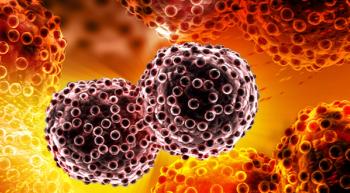
Locally advanced non-small cell lung cancer traditionally had high relapse rates after initial treatment. Now durvalumab may bring better survival rates to these patients.

Nurses need to know the potentially life-threatening adverse events of CAR T-cell therapy.
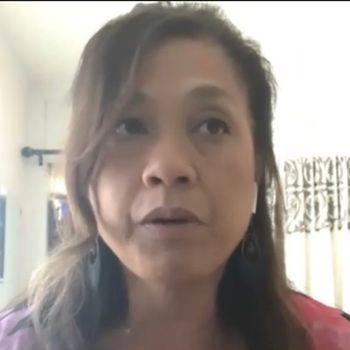
Despite many exciting advances in recent years, there are still aspects of melanoma treatment that need to be further studied and understood, said Grace Cherry, NP, a nurse practitioner at UCLA Health.

“Nurses are our frontline as far as giving these treatments and also in teaching our patients about side effects and detecting them,” Grace Cherry, NP, MSN, RN said.

Patients with breast cancer may be apprehensive to come into the clinic for treatment amidst the coronavirus disease 2019 (COVID-19) pandemic. However, others may prefer seeing their treatment team in person.

As immunotherapy continues to move into different tumor types, nurses must familiarize themselves – and their patients – with immune-related adverse events.

Cervical cancer is often diagnosed in the later stages, though incidence of the disease is declining thanks to the HPV vaccine.
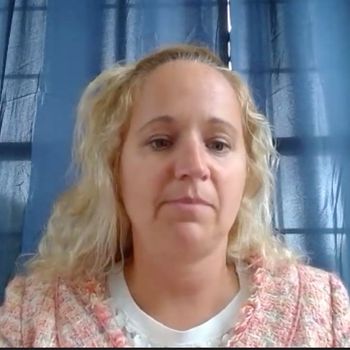
When it comes to immunotherapy-related adverse events, patients with lung cancer tend to have higher rates of pneumonitis than other cancer types, one nurse explains.

In order to achieve health equity for patients with cancer, physicians must first understand the root cause of heath disparities, many of which may be invisible. Broadening conversations about health and equity, drawing attention to gaps in care, and prompting urgency on the issues that influence health care are crucial first steps to turn conversation into action.

Genetic testing is more important now than ever before, as biomarker-driven cancer treatments continue to receive approval across many tumor types. While these personalized treatments are improving outcomes, navigating the landscape of genetic testing can leave patients with questions for their providers.

One of the most important tasks that oncology nurses face is ensuring that patients are taking their medications consistently and correctly, and that adverse events (AEs) are properly managed—specifically in those patients with breast cancer, according to Patricia Jakel, RN, MN, AOCN.

The virtual meeting will cover new therapies, adverse event management, end-of-life care, and much more.
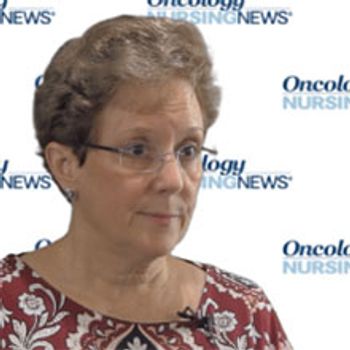
There are a lot of treatment updates for various malignancies happening seemingly all at once. We had the chance to speak with Laura S. Wood, RN, MSN, OCN, for her take on why these updates are coming so rapidly.

The genitourinary cancer space has seen a lot of updates in the past 5-10 years, but where are they all coming from so suddenly? Oncology Nursing News spoke with Michael Lai, ARNP, a nurse practitioner at Seattle Cancer Care Alliance, about how the genitourinary cancer space has been able to have so many updates recently.

To best help your patients, you need to understand what they are going through, and the best way to do that is to have hopeful conversations with them that get them talking.

At the 3rd Annual School of Nursing Oncology, Oncology Nursing News had the chance to sit down with Madelaine Kuiper, MSN, RN, and talk about what nurses need to understand about the evolving landscape of breast cancer treatment.
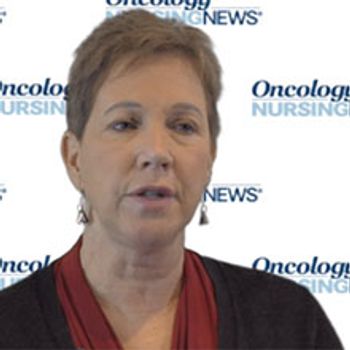
Conferences are where oncology nurses can network, discuss key topics in their field, and hear new updates that will eventually affect their patients. At the 3rd Annual School of Oncology Nursing, we had the chance to talk about what nurses can gain from these conferences with Patricia Jakel, MN, RN, AOCN.
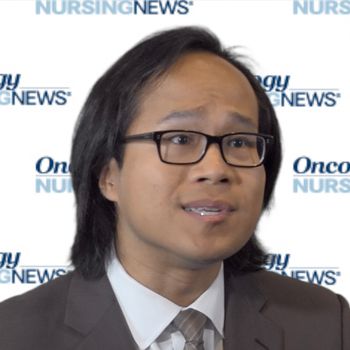
Can combining agents turn "cold" prostate cancer tumors "hot"?

Like most other adverse events (AEs), nurses play a vital role in monitoring for and managing endocrine toxicities associated with immunotherapy treatment; however, these may be more unique than others, according to Marianne Davies, DNP, RN, CNS, ACNP-BC, AOCNP.
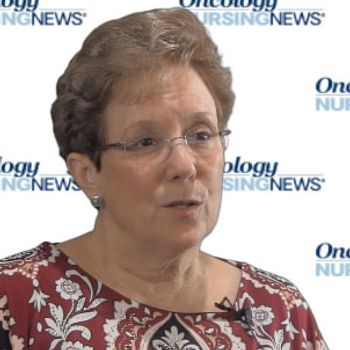
At the 3rd annual School of Oncology Nursing Laura S. Wood, RN, MSN, OCN, renal cancer research coordinator at the Cleveland Clinic Taussig Cancer Center and one of the co-chairs of the School of Oncology Nursing, presented on supportive care for GU malignancies and we had the chance to discuss the highlights with her.
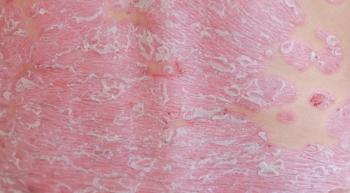
Nurses should know what to look for when it comes to managing dermatologic toxicities.
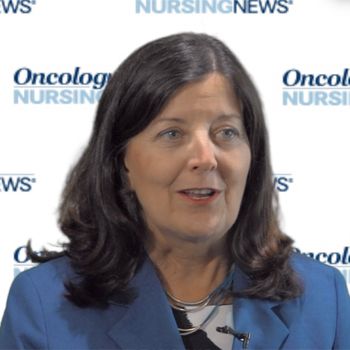
Nurses can lead the healthcare team when it comes to managing immune-related GI toxicities.